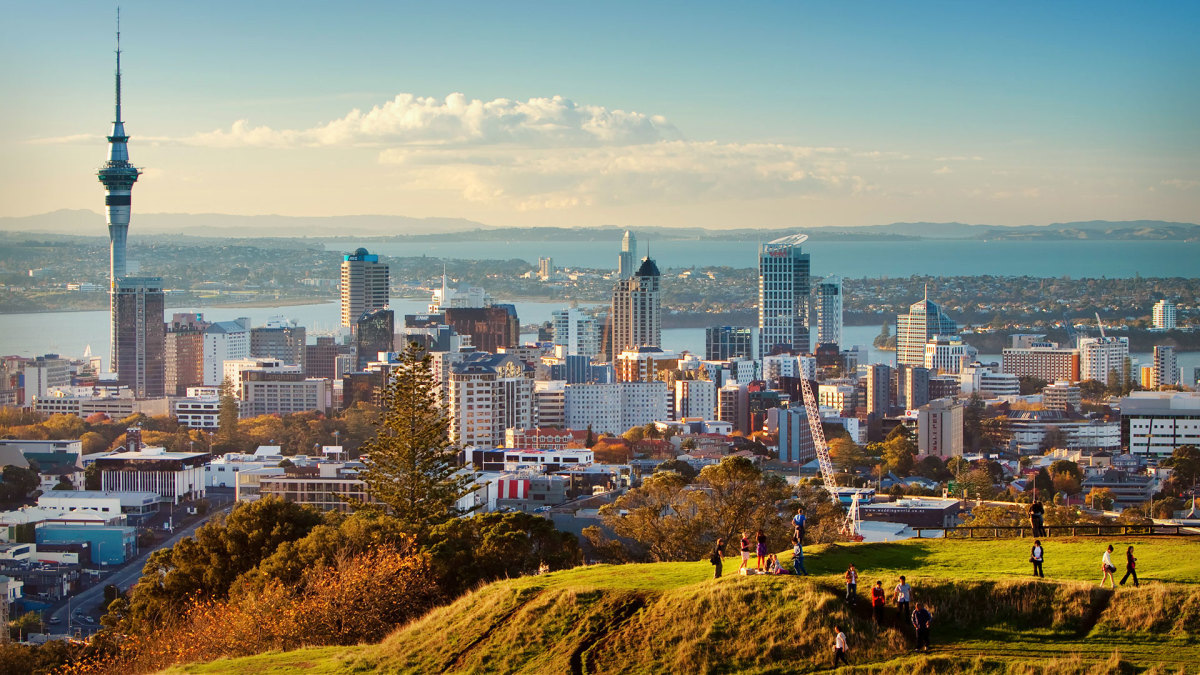
While the idea of a "tourist tax" started out as a joking idea of something that should be charged to the most obnoxious tourists, entry fees that go toward mitigating the impacts of skyrocketing visitor numbers are becoming increasingly common all over the world.
Many European capitals have it in the form of a few euros added to each night one spends in a hotel or vacation rental property, while countries such as Japan, the Maldives and Bhutan charge a flat-out fee for either arriving in or exiting the country — the latter South Asian nation has the highest such tax in the world with a "Sustainable Development Fee" of $200 per person per night.
Related: A popular cruise destination is also getting onboard with a 'tourist tax'
The government of New Zealand, which has been charging a NZ$35 (roughly $21.64 USD) arrival fee to international visitors since 2019, just announced that it would be raising it to NZ$100 ($62.20 USD) as of Oct. 1.
New Zealand government to raise fee, blaming 'higher upkeep'
"International tourism also comes with costs to local communities, including additional pressure on regional infrastructure and higher upkeep and maintenance costs across our conservation estate," the New Zealand government said in a statement. "The IVL [the arrival fee is formally called the International Visitor Conservation and Tourism Levy] was introduced in 2019 as a mechanism to ensure international visitors were contributing directly to these costs, the vast majority of which are paid for by New Zealand taxpayers and ratepayers."
More Travel:
- A new travel term is taking over the internet (and reaching airlines and hotels)
- The 10 best airline stocks to buy now
- Airlines see a new kind of traveler at the front of the plane
The fee will continue to not apply to visitors from nearby South Pacific countries such as Australia but will be required of anyone coming to New Zealand from farther away.
In further justification of what is a nearly triple increase, New Zealand authorities said that it would still amount to "less than 3% of the total spending for an international visitor while in New Zealand" and is "unlikely to have a significant impact on visitor numbers."
Related: Get the best cruise tips, deals, and news on the ships from our expert cruiser
Tourists weigh in: extra fees justified if used wisely
The additional money, it said, will go toward various conservation projects in some of the country's most heavily-visited areas. Environmental protection and mitigating the impact of growing tourist numbers are almost always the reason given by countries that are weighing either introducing or raising their tourist tax.
Iceland, which recently brought back a tourist fee suspended during the covid-19 pandemic, weighed similar concerns over the last year.
"Most of our guests visit our unspoiled nature and obviously that creates a pressure," Icelandic Prime Minister Katrín Jakobsdóttir said in an interview with Bloomberg in September 2023. The Dutch overseas territory of Aruba recently also introduced a similar fee it said will go toward "enhancing and improving sustainability efforts on the island" — a change tourists generally accept with little pushback even if some question whether the funds will really be used for what is claimed.
"New Zealand has so much natural beauty, and there’s no country quite like it," writes Ben Schlappig of One Mile At A Time. "If the international visitor levy is actually used for the purposes claimed — to ensure visitors contribute to public services — then I think that's fair enough. However, is that actually how the money ends up getting spent? I dunno..."
Related: Veteran fund manager sees world of pain coming for stocks







